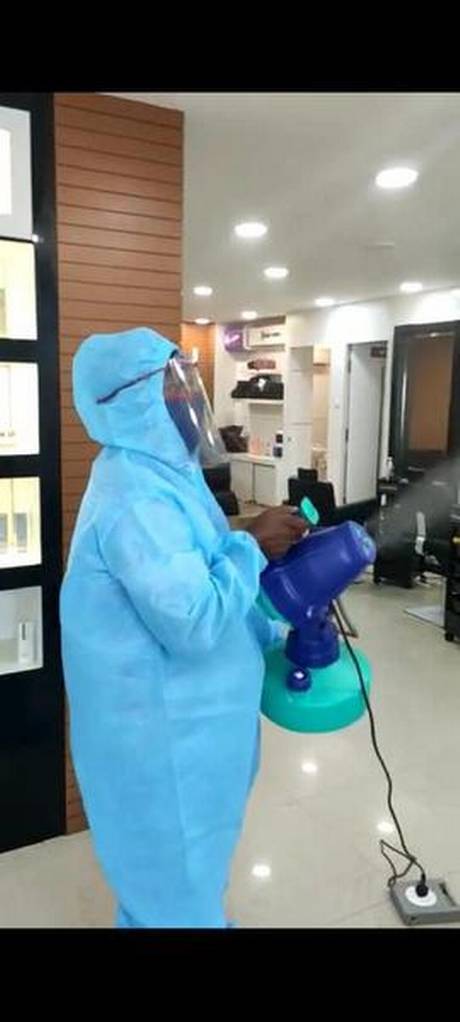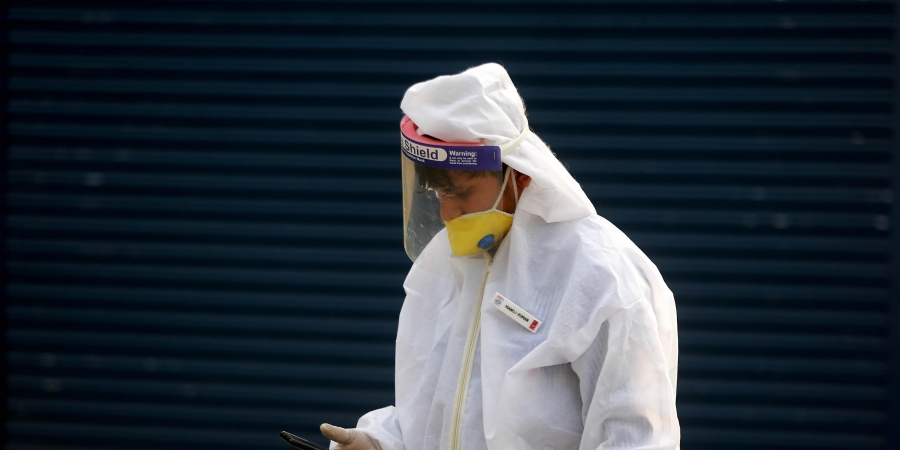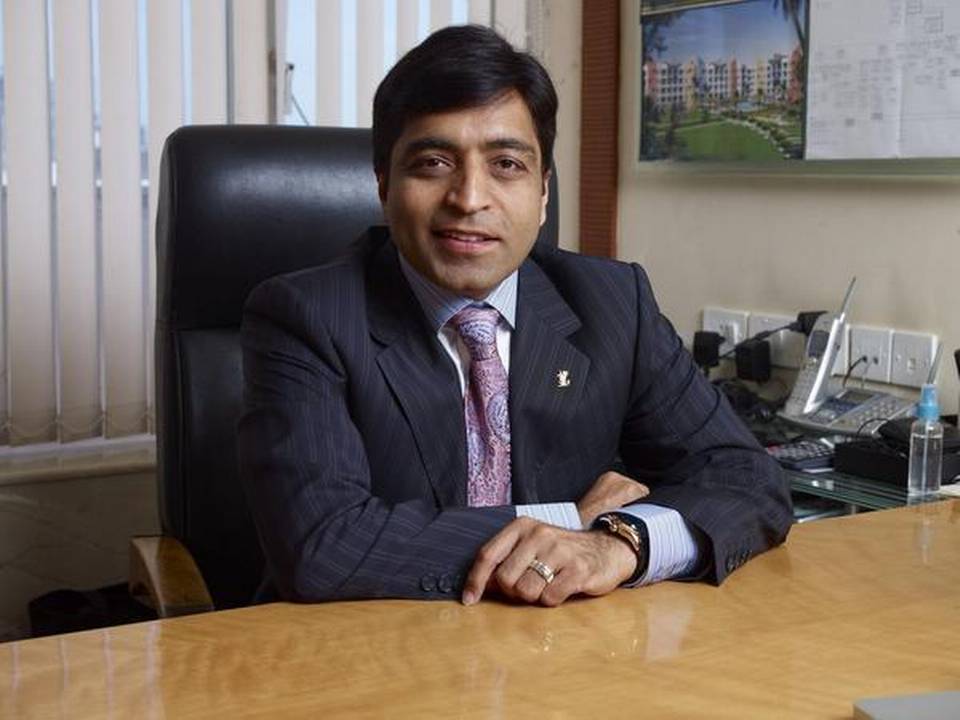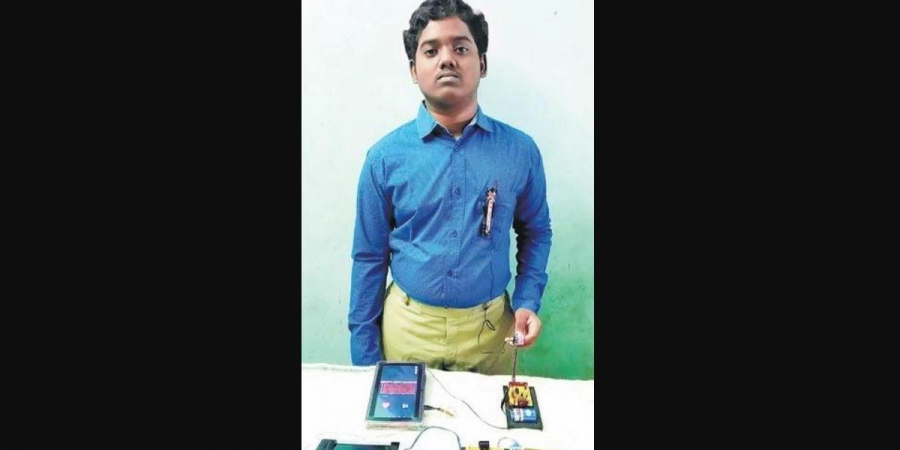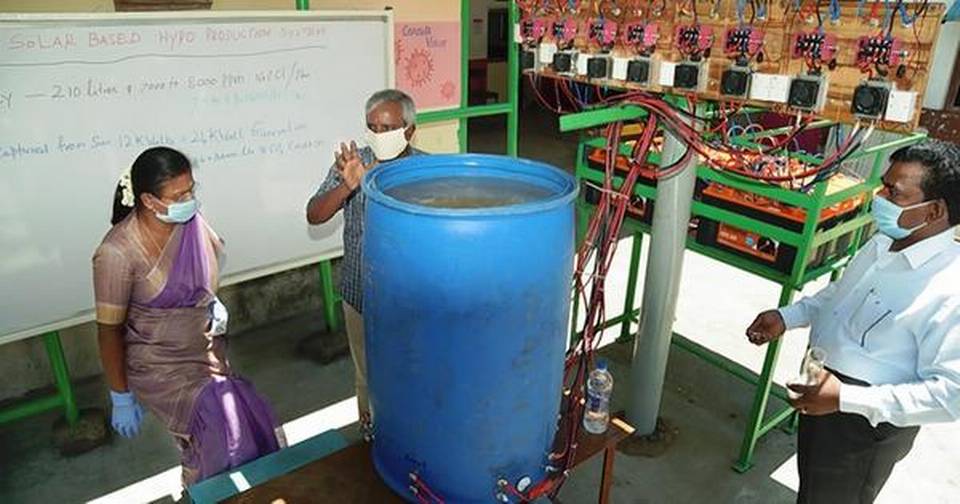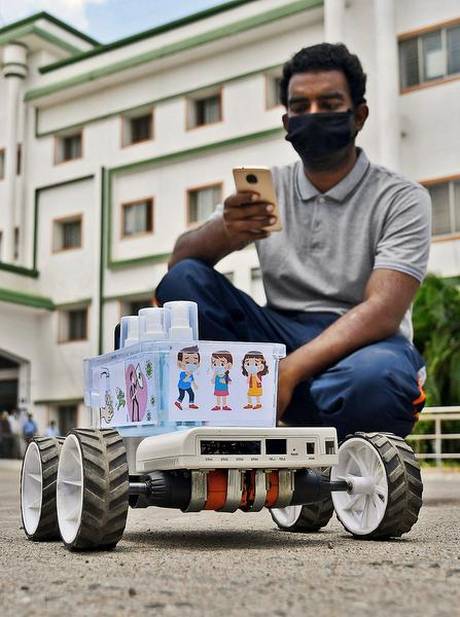The loan was deployed through IndusInd Bank’s Impact Investing Group, guaranteed by the U.S. International Development Finance Corporation.
Chennai-based agritech start-up WayCool Foods raised $5.5 million through debt financing from IndusInd Bank Ltd, guaranteed by the U.S. International Development Finance Corporation (DFC).
This funding follows the Series C round of $32 million led by Lightbox earlier this year. Setuka Partners LLP was the advisor to the current transaction. WayCool Foods intends to use the funds raised to introduce advanced technology, implement strict hygiene measures and increase transportation efficiency to reduce food spoilage and improve farmer yields. This will also allow the company to strengthen food distribution across South India.
Karthik Jayaraman, Co-Founder and CEO, WayCool Foods, said, “WayCool has been steadily building necessary technology and operational capabilities to operate robust agrifood supply chains from soil to sale.”
DFC, America’s development bank, provides financing to address critical challenges across emerging markets on a global scale. It invests across sectors including energy, healthcare, critical infrastructure, and technology. DFC provides financing for small businesses and women entrepreneurs in order to create jobs in emerging markets.
The loan was deployed through IndusInd Bank’s Impact Investing Group. The DFC guarantee enabled the bank to provide an equivalent of ₹35 Crores loan to WayCool, the bank’s statement said. The structure is significant as it helps in mobilizing local capital for WayCool, also it eliminates foreign exchange rate fluctuation risk from the balance sheet of WayCool, it added.
Founded in July 2015 by Karthik Jayaraman and Sanjay Dasari, WayCool procures, processes, and distributes a range of food products, including fresh produce, staples and dairy products, moving over 250 tonnes of food every day, to 8,000 enterprise clients across South India. The company operates a soil-to-sale model engaging with a base of 40,000 farmers in more than 50 regions across India.
source: http://www.thehindu.com / The Hindu / Home> News> Cities> Chennai / by Sangeetha Kandavel / Chennai – June 11th, 2020
